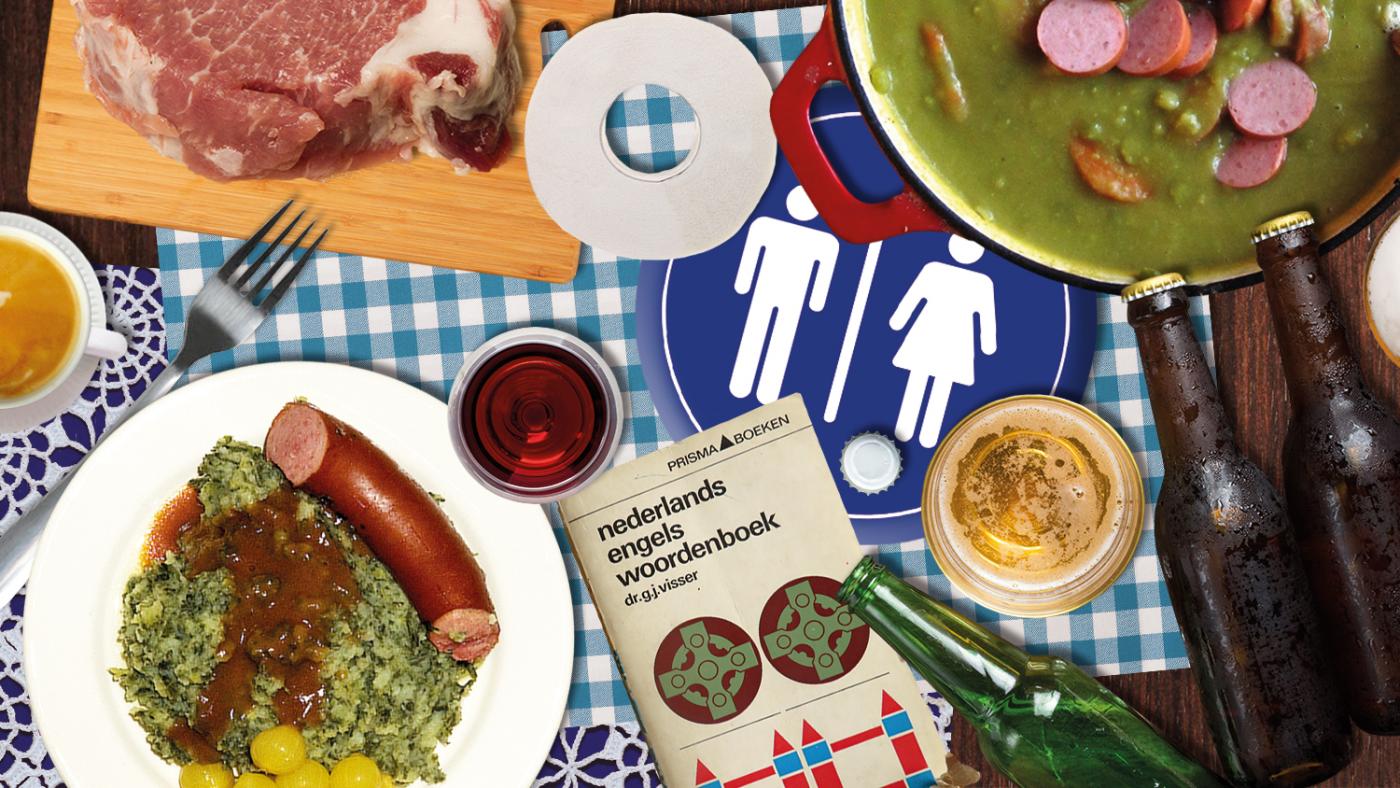Diversity dilemmas. How do you handle them?

Should we serve alcohol at a drink or not? Should we arrange classes in such a way that everyone feels confident enough to participate or not? And the restrooms? Should they become gender neutral? These are just a few of the choices UU has to make. Becoming inclusive is a complex process, says Magda Górska, a Postdoctoral Researcher at Gender Studies. “That is because you have to look at intersectionality: the way in which individuals differ from each other in various ways." In that, you look at all elements that determine someone's identity, such as gender, social heritage, cultural background, health and religion.
We take a closer look at six dilemmas and ask Górska who grew up in Poland and the Czech Republic and has enrolled in universities in Sweden, Germany and the United States, among other places, questions about them, look at the do’s and don’ts of the Centre for Academic Teaching and ask the intercultural student society Legulas how they bring students of various cultures together.
Dilemma 1: Cultural mix
Various nationalities in a work group can result in more creative ideas. But what if every student goes looking for ‘equally-minded people’? Magda Górska: “Come up with work forms to mix the groups. That is how they can discover how they differ, whether it's about thoughts or the way they work. It's about gaining an understanding of the differences.” But what do you do if differences result in problems in the collaboration? Or how do you make differences discussable without specifically wanting to address someone's background?
Dilemma 2: Language
“I still often receive mails from the university in Dutch. I feel left out for a moment when that happens,” says Górska, who started at UU last year and has not mastered Dutch yet. “At our department, the official language is simply English.” The dilemma is how to handle language. Should the entire university switch to English as a part of internationalisation? Because if you are in class with only Dutch people, why should you speak English with each other?
Dilemma 3: Safe havens
The call for safe places in America has come over to the Netherlands. University campuses where you are not exposed to remarks on gender, sexual preference, cultural background, political leaning, disability or heritage. These safe havens are also criticised in the US and Great Britain, because are they not restricting freedom of speech, and are they not turning the university into a politically correct bubble?
Dilemma 4: Rating
As a lecturer, you have your own ideas on what is good and less good. “Be aware of your own identity and biases,” can be found on the website of the Centre for Academic Teaching. Tip: make your own norms and values as a lecturer known in advance, such as your rating criteria. But they can also get in the way, Górska states. “I really want a paper to be original and creative. But when I see that students choose solid and in-depth research without a creative angle, I do get the tendency to change my norms.”
Dilemma 5: Drinks
It is a tradition to end every activity of the university with a drink. Usually with a bitter ball and a glass of beer. Does everyone feel welcome to that? Should these meetings be alcohol free and meat free? However, the intercultural student society Legulas uses the drink to draw in more different people. “We want to be a society for migrants AND non migrants. By organising a drink in a café, we hope to draw in more non migrants.”
Dilemma 6: Restrooms
You do not feel comfortable with the terms man and woman, but you are forced to choose between a men's or women's restroom. Wouldn't it be way better if restrooms were gender neutral, like the restroom for disabled people or the restroom at home? Or do others feel less comfortable when they have to share the restroom with everybody else?
Translation: Wouter Beentjes